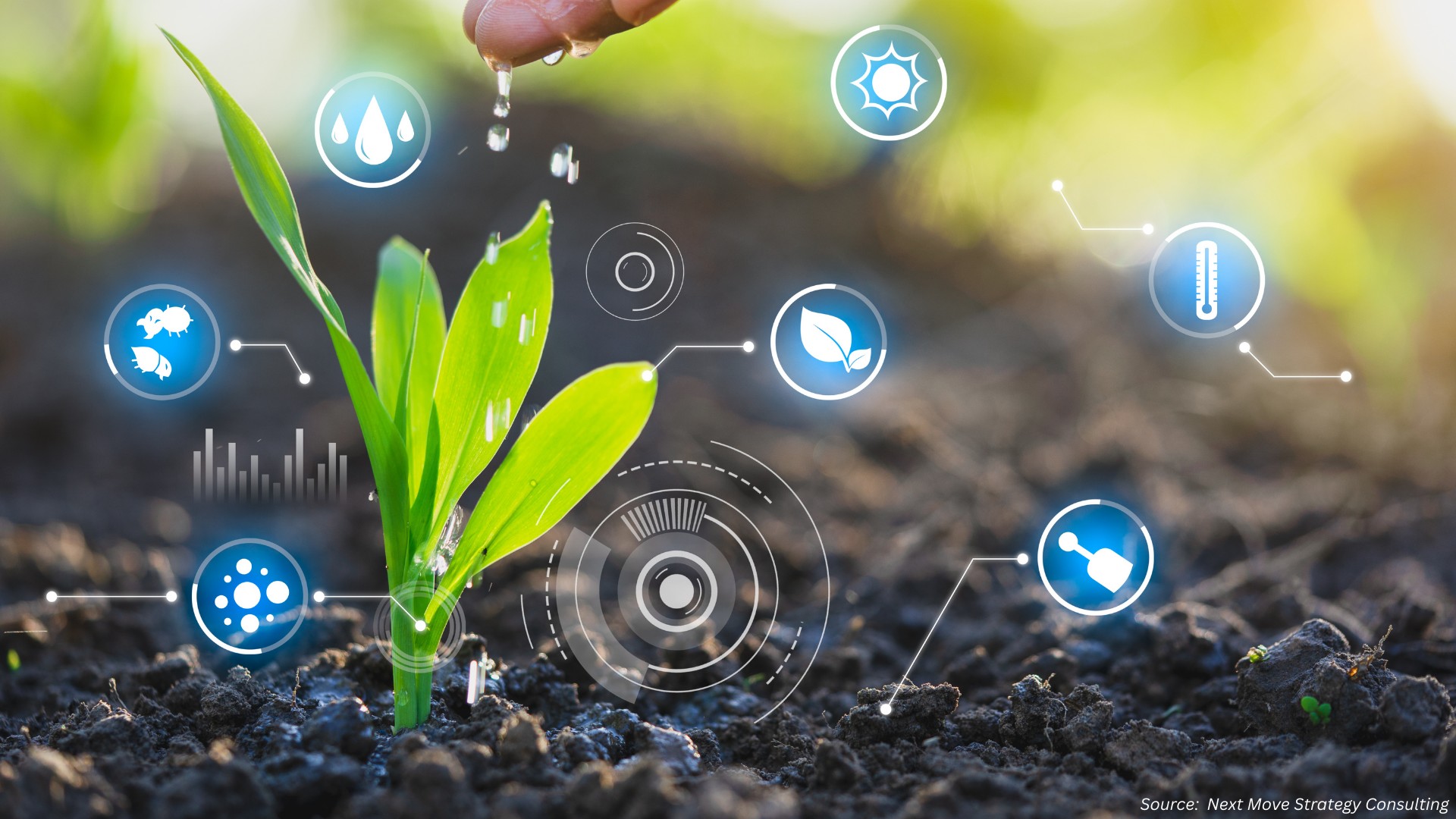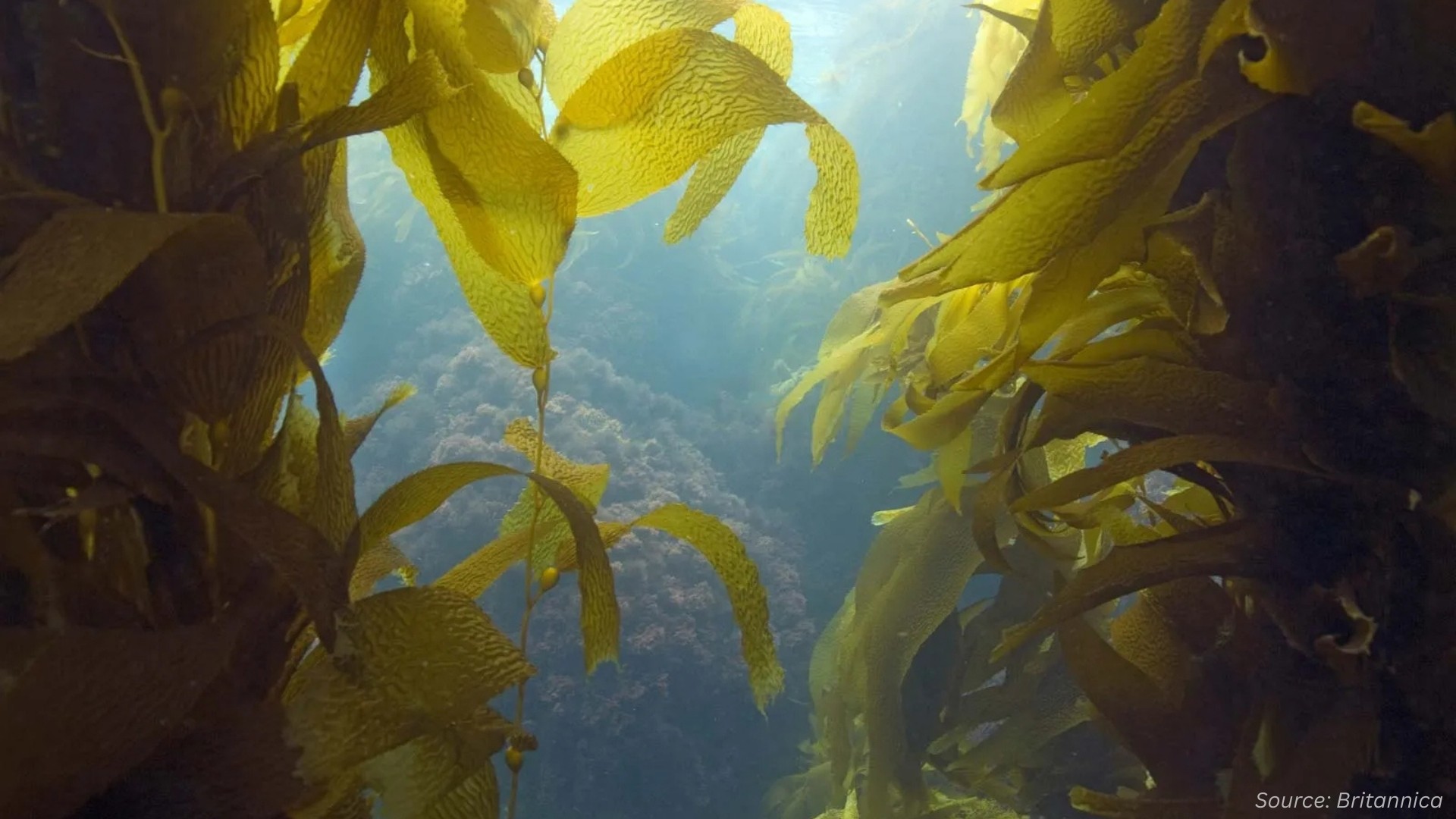
Seeds Market by Type (Genetically Modified and Conventional), by Crop Type (Cereals & Grains, Oilseeds & Pulses, and Fruits & Vegetables), by Breeding Technology (Hybrids, Open-Pollinated Varieties, and Hybrid Derivatives), by Cultivation Mechanism (Open Field and Protected Cultivation), by Availability (Commercial Seeds and Saved Seeds), by Trait (Herbicide Tolerance and Insect Resistance), and by Treatment (Treated and Untreated) – Global Opportunity Analysis and Industry Forecast, 2023–2030
Market Definition:
The global Seeds Market size was valued at USD 63.11 billion in 2022, and is predicted to reach USD 96.28 billion by 2030, with a CAGR of 5.4% from 2023 to 2030. The seed market is the commercial sector dedicated to the production and distribution of plant seeds, including agricultural crops, horticultural variations, and specialized genetically-modified organisms. Its primary objective is to facilitate the ability and accessibility of high-quality seeds to farmers, gardeners and agricultural enterprises.
The market has a significant role in the global food supply, environmental balance, and human livelihoods. It is also fundamental to gardening and maintaining biodiversity. Varieties of seeds such as flaxseeds, chia seeds, pumpkin seeds, sunflower seeds, hemp seeds, and sesame seeds are the source of vitamins, minerals, and fatty acids that help the body function in a healthy manner. Therefore, seeds are becoming popular among health-conscious people and they include seeds in their diet plan.
Market Dynamics and Trends
The increasing demand for hybrid and open-pollinated seeds is driving the growth of the seeds market. This rise in demand is due to the feature of hybrid seeds to improve the quality of the resulting plant by providing better yield, improved color & taste, and disease resistance power.
Additionally, prime agriculture production countries such as India and China witness a high growth for hybrid seeds, due to their increased productivity, adaptability to different environments, and natural resistance to pests and diseases caused by insects, bacteria, and weeds.
Moreover, hybrid seeds can withstand challenges posed by non-living factors, such as ultraviolet radiation, heavy metal exposure, and even harsh events such as droughts and floods. These advantages greatly contribute to the rising popularity of hybrid seeds in the Asia-Pacific region.
Additionally, scientists and researchers from various organizations worldwide have developed drought-tolerant seed varieties through biotechnology and breeding techniques. For instance, in March 2023, a group of top scientists, coordinated by the International Center for Agricultural Research in the Dry Areas (ICARDA) Morocco, introduced six innovative new durum wheat varieties, including Nachit and Jabal, along with barley varieties, including Chiffa and Assiya. These varieties are resistant to more severe droughts. The new cultivars are expected to boost Moroccan farmers' livelihoods and resilience by enhancing food quality and strengthening food and nutrition security with features including heat, drought, and insect resistance.
However, fluctuations in commodity prices, changing economic conditions, and farmer income levels can influence purchasing decisions and limit investment in new seed technologies. Additionally, the growth of the seeds market is significantly impeded by the unpredictability of climatic conditions, including occurrences such as frost, drought, persistent rainfall, and water stagnation. These factors limit the adoption of certain seed varieties.
On the contrary, genetically modified seeds and conventional plant breeding have changed the scenario of the plantation as they have provided improved characteristics such as improved yields, enhanced nutritional value, and longer shelf life in plants. Seeds derived from traditional plant breeding facilitate the improvement of crops with desirable qualities, bringing up growth opportunities for the seed business in the coming years.
Market Segmentations and Scope of the Study
The seeds market share is segmented based on type, crop type, breeding technology, cultivation mechanism, availability, trait, treatment, and region. On the basis of type, the market is further segmented based on genetically modified and conventional seeds. On the basis of crop type, the market is divided into cereals & grains, oilseeds & pulses, and fruits & vegetables.
On the basis of breeding technology, the market is classified into hybrids, open-pollinated varieties, and hybrid derivatives. Based on cultivation mechanism, the market is categorized into open field and protected cultivation. On the basis of availability, the market is divided into commercial seeds and saved seeds. On the basis of trait, the market is classified into herbicide tolerance and insect resistance.
Based on treatment, the market is segmented into treated and untreated. Geographic breakdown and analysis of each of the aforementioned segments include regions, such as North America, Europe, Asia-Pacific, and the Rest of the World (RoW).
Geographical Analysis
Asia-Pacific holds the largest share of the seeds market, and is expected to continue its dominance during the forecast period. This increase in the share of the seeds market is due to the awareness among people related to the health benefits of different vegetables and their seeds.
Additionally, Asia-Pacific countries have achieved significant progress in genetically modified organism (GMO) development, resulting in various new GM varieties with independent intellectual property rights and promising applications. To enhance the adoption of GM varieties and ensure food security, China revised some of its key regulations, such as “Administrative measures on the safety assessment of agricultural GMOs” and “Measures for the examination and approval of main crop varieties.” These revisions further led to significant improvement in the seeds market.
Moreover, the International Rice Research Institute (IRRI) has taken action to encourage the advancement of agriculturalists' knowledge and best practices, aligning with the expansion of the seeds market. For instance, in November 2022, a two-day workshop, titled "Seeds Without Borders," brought together the collaborative efforts of nine nations of the Asia-Pacific region. These countries signed an agreement, signaling a united commitment to enhance the seed sector within the region. "Seeds Without Borders," an innovative regional seed policy agreement, emerged from this workshop as a powerful tool to speed up the distribution of modern rice varieties, with special emphasis on the regions of South and Southeast Asia.
On the other hand, the North American region shows a steady rise in the seeds market, owing to the adaptation of biotech crops that have been genetically modified using biotechnology. Biotech crops and GM seeds aim to enhance agricultural profitability through improved crop quality, and in some instances, increased yields. This is achieved by leveraging robust biotechnology and genetic engineering to create crops that can withstand specific harmful insects, endure particular herbicides for weed management, and exhibit resilience against specific plant viruses. In 2020, the U.S. witnessed a significant growth of the seeds market, with instances such as GMO soybeans accounting for 94% of total soybean planting. GMO cotton represented nearly 96% of all cotton planting, and GNO corn making up to around 92% of corn planting.
Furthermore, the rising demand for niche and specialty crops such as organic produce and exotic fruits drives the need for specialized seeds to cater to these markets. For instance, the Whole-Farm Revenue Protection offers a safety net for risk management that covers all types of agricultural products, including specialty crops. This insurance policy is unique as it is the first of its kind at the Federal level, making it accessible in every state across the U.S. In 2022, the insurance coverage for specialty crops amounted to over USD 23 billion.
Competitive Landscape
The seeds industry comprises of various market players, such as BASF SE, Bayer AG, Corteva Agriscience, KWS SAAT SE & Co. KGaA, Syngenta Group, Seminis Vegetable Seeds, Inc, Emerald Seed, Inc., Groupe Limagrain Holding SA, Sakata Seed Corporation, DLF Seeds A/S, Takii & Co., Ltd.,UPL Limited, Bejo Zaden BV, Enza Zaden BV, and East-West Seed International Limited. These market players are adopting various product launches as their key developmental strategies across various regions to maintain their dominance in the market.
For instance, in March 2023, Syngenta Group launched the Shoots by Syngenta platform to facilitate working with the external innovation ecosystem, including academics, startups, and adjacent industries. It aims to develop and grow innovative agricultural technologies and the scientific method that will help farmers worldwide solve challenges.
Also, in September 2022, Corteva Agriscience introduced a crop protection product developed through Seed Application Technology that helps farmers tackle yellow stem borer in paddy better. It also ensures improvised germination and proper growth of the plant.
Key Benefits
-
The seeds market report provides a quantitative analysis of the current market and estimations from 2023 to 2030. This analysis assists in identifying the prevailing market opportunities to capitalize on.
-
The study comprises a detailed analysis of the seeds market trends, including the current and future trends for depicting the prevalent investment pockets in the market.
-
The information related to key drivers, restraints, and opportunities and their impact on the seeds market is provided in the report.
-
The competitive analysis of the market players along with their market share in the seeds market is provided in the report.
-
The SWOT analysis and Porter's Five Forces model are elaborated in the study.
-
The value chain analysis in the market study provides a clear picture of the stakeholders’ roles.
Seeds Market Key Segments
By Type
-
Genetically Modified
-
Conventional
By Breeding Technology
-
Hybrids
-
Open-Pollinated Varieties
-
Hybrid Derivatives
By Cultivation Mechanism
-
Open Field
-
Protected Cultivation
By Availability
-
Commercial Seeds
-
Saved Seeds
By Trait
-
Herbicide Tolerance
-
Insect Resistance
By Crop Type
-
Cereals & Grains
-
Oilseeds & Pulses
-
Fruits & Vegetables
By Treatment
-
Treated
-
Untreated
By Region
-
North America
-
The U.S.
-
Canada
-
Mexico
-
-
Europe
-
The UK
-
Germany
-
France
-
Italy
-
Spain
-
Denmark
-
Netherlands
-
Finland
-
Sweden
-
Norway
-
Russia
-
Rest of Europe
-
-
Asia-Pacific
-
China
-
Japan
-
India
-
South Korea
-
Australia
-
Indonesia
-
Singapore
-
Taiwan
-
Thailand
-
Rest of Asia-Pacific
-
-
Rest of the World (RoW)
-
Latin America
-
Middle East
-
Africa
-
Key Players
-
BASF SE
-
Bayer AG
-
Corteva Agriscience
-
KWS SAAT SE & Co. KGaA
-
Syngenta Group
-
Seminis Vegetable Seeds, Inc
-
Emerald Seed, Inc.
-
Groupe Limagrain Holding SA
-
Sakata Seed Corporation
-
DLF Seeds A/S
-
Takii & Co., Ltd.
-
UPL Limited
-
Bejo Zaden BV
-
Enza Zaden BV
-
East-West Seed International Limited
REPORT SCOPE AND SEGMENTATION:
|
Parameters |
Details |
|
Market Size in 2022 |
USD 63.11 Billion |
|
Revenue Forecast in 2030 |
USD 96.28 Billion |
|
Revenue Growth Rate |
CAGR of 5.4% from 2023 to 2030 |
|
Analysis Period |
2022–2030 |
|
Base Year Considered |
2022 |
|
Forecast Period |
2023–2030 |
|
Market Size Estimation |
Billion (USD) |
|
Growth Factors |
The increasing demand for hybrid and open-pollinated seeds Development of drought-tolerant seeds varieties through biotechnology and breeding techniques |
|
Countries Covered |
28 |
|
Companies Profiled |
15 |
|
Market Share |
Available for 10 companies |
|
Customization Scope |
Free customization (equivalent up to 80 working hours of analysts) after purchase. Addition or alteration to country, regional, and segment scope. |
|
Pricing and Purchase Options |
Avail customized purchase options to meet your exact research needs. |




















 Speak to Our Analyst
Speak to Our Analyst






















